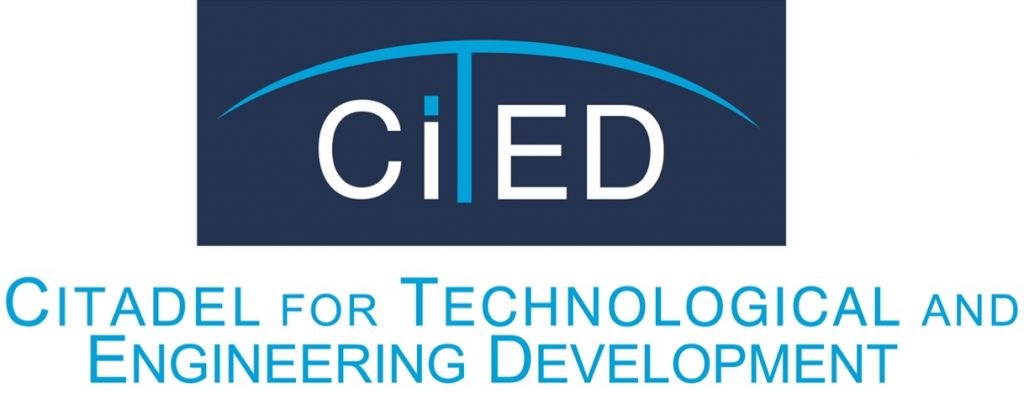This 3-day training program will equip participants with a comprehensive understanding of electrical drives, including their various types, operating principles, and applications across diverse industries.


Introduction:
This 3-day training program will equip participants with a comprehensive understanding of electrical drives, including their various types, operating principles, and applications across diverse industries.
Objectives:
- Understand the fundamental concepts of electrical drives and their components.
- Explore different types of electrical motors and their operational characteristics.
- Learn about power electronics and their role in controlling electrical drives.
- Analyze the selection criteria for choosing the appropriate electrical drive for specific applications.
- Identify the advantages and limitations of various drive systems.
Day 1 : Fundamentals and Motor Types
- Introduction to Electrical Drives: Definition, components, working principle, and advantages over other drive systems.
- DC Motor Drives: Construction, operation, types (shunt, series, compound), speed-torque characteristics, and control methods.
- AC Motor Drives: Introduction to AC motors (synchronous, induction), operating principles, comparison with DC motors, and applications.
- Special Motor Drives: Brushless DC (BLDC) motors, stepper motors, their unique features, and control techniques.
Day 2: : Power Electronics and Control
- Power Electronics: Introduction to power semiconductor devices (diodes, thyristors, transistors), converters (rectifiers, inverters), and their role in electrical drive control.
- DC Drive Control: Different control strategies (armature, field control) using power converters for speed regulation.
- AC Drive Control: Variable Frequency Drives (VFDs), pulse width modulation (PWM) technique, and control methods for AC motor drives.
- Advanced Control Techniques: Vector control, field-oriented control for high-performance applications.
Day 3: Applications and Future Trends
- Selection of Electrical Drives: Factors to consider based on application requirements (speed, torque, power, efficiency).
- Case Studies: Exploring diverse applications of electrical drives in industries like:
- Manufacturing (machine tools, robots, conveyors)
- Transportation (electric vehicles, railways)
- Power generation (wind turbines)
- Building automation (HVAC systems, pumps)
Conclusion:
This training program will utilize a combination of interactive lectures, group discussions, case studies, and hands-on activities to facilitate effective learning and knowledge retention. Participants will gain valuable insights into the world of electrical drives, empowering them to choose, operate, and maintain these systems effectively in various industrial and commercial settings.

